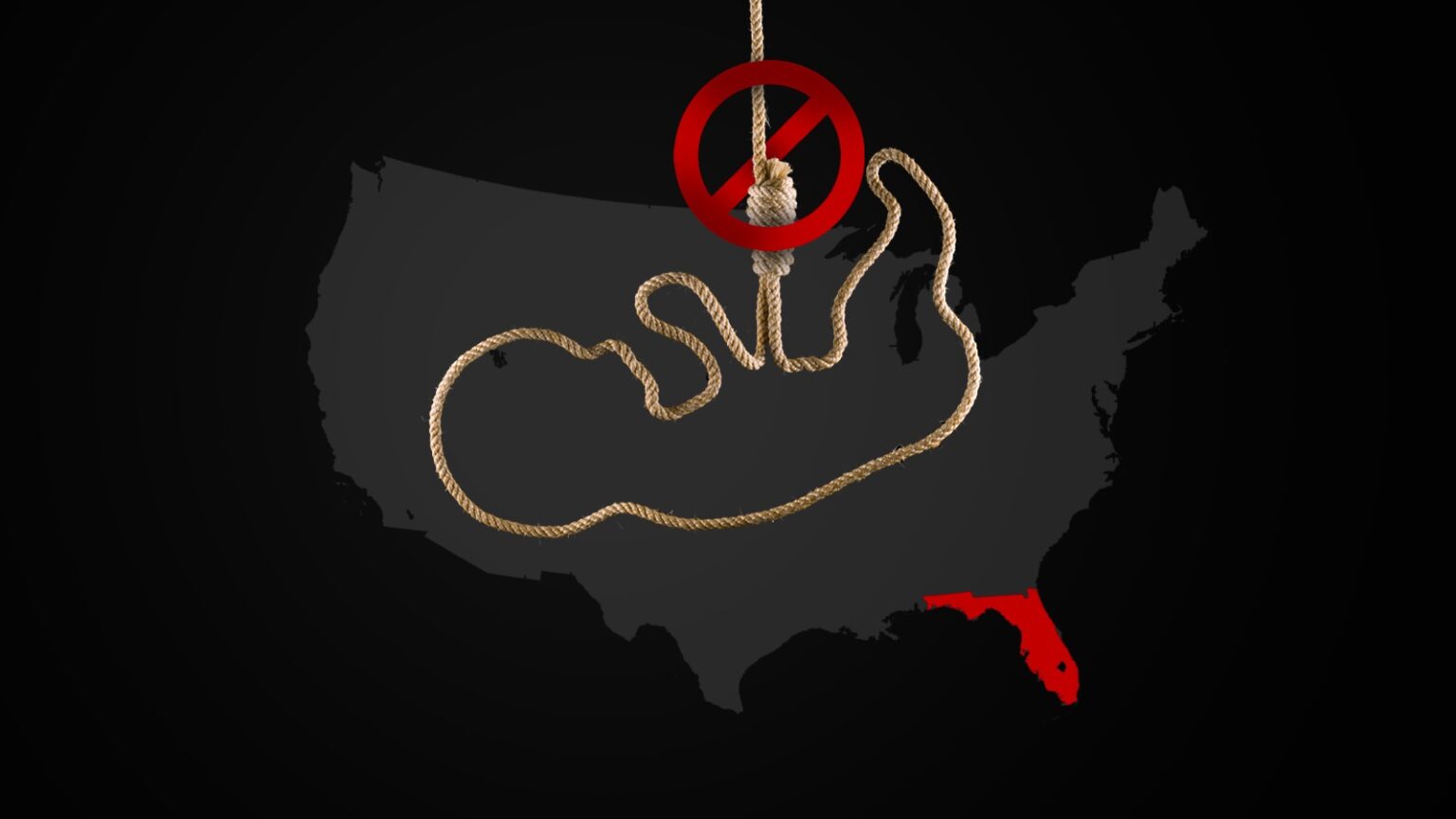Florida is preparing for the implementation of one of the strictest abortion bans in the United States, set to take effect on Wednesday. Vice President Kamala Harris visited the state to address Donald Trump on a key issue in the 2024 election.
The ban prohibits abortions after six weeks of pregnancy, transforming Republican-led Florida into a crucial battleground for a divisive topic. President Joe Biden and the Democratic Party aim to leverage this issue in the November elections.
Since a conservative US Supreme Court, including three justices appointed by Trump during his presidency, revoked the nationwide right to abortion in 2022, Florida is among several states that have introduced such bans.
With the ban taking effect, Harris will journey to Jacksonville, Florida, for a campaign event “centered on the significance of the election for reproductive freedom nationwide.”
According to Biden’s reelection campaign, she will “address the repercussions of state abortion bans and emphasize the argument that ‘Donald Trump did this.'”
Harris, the first female, Black, and South Asian vice president in US history, has emerged as the campaign’s foremost advocate for abortion rights and spearheaded a nationwide tour addressing the issue.
Abortion has taken center stage in the election, with Democrats viewing it as a potential factor in winning votes as they strive to prevent Republican Trump from reclaiming the White House.
Biden made a visit to Florida on April 23, addressing a crowd in Tampa, where he vowed to hold his Republican election opponent directly responsible for the constraints imposed on reproductive rights.
As the deadline for Florida’s abortion ban approaches, women and clinics across the southern United States are racing to navigate the impending restrictions.
Florida stood out as one of the few states in the region with a relatively lenient time limit for abortions, prompting many women to travel there for pregnancy terminations.
Across the South, nine states have implemented abortion bans, with Florida now joining Georgia and South Carolina in enforcing a six-week ban.
In the southwest, Arizona recently reinstated an 1864 law prohibiting the procedure, igniting widespread outcry.
The Florida ban stems from the initiative of Republican governor and former presidential candidate Ron DeSantis. In April 2023, he signed a bill into law aimed at reducing the abortion limit from 15 weeks to six weeks.
In April, the Sunshine State’s supreme court rejected a final legal challenge from pro-abortion groups, clearing the path for the ban to be implemented on Wednesday.
However, Florida voters will have an opportunity to overturn the six-week limit through a referendum that will coincide with November’s presidential election.
The issue is deeply intertwined with the culture wars in a progressively polarized US electorate.
Trump consistently appeals to his conservative base by boasting about the pivotal role his Supreme Court nominees play in potentially overturning the 1973 Roe v. Wade decision, which legalized abortion nationwide fifty years ago.
However, there are indications that his stance on this issue may have negative repercussions in the polls. The twice-impeached former president has recently softened his position, stating that the decision regarding abortion bans should be left to individual states.
Democrats wasted no time on Tuesday seizing upon Trump’s recent statements regarding abortion in an interview with Time magazine. In the interview, he declined to dismiss the possibility of a national abortion ban.
Additionally, they condemned his suggestion that states could potentially monitor women’s pregnancies to ascertain whether they had undergone abortions in violation of a ban.
The Biden campaign rebuked Trump’s remarks, asserting that he had effectively endorsed the idea of penalizing women for seeking abortions and advocated for states to surveil their bodies



